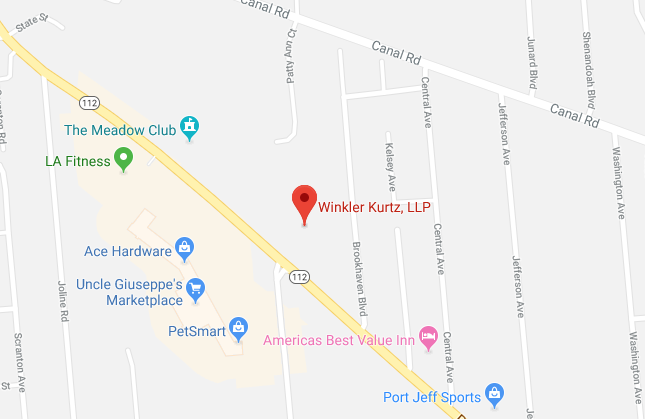 In divorce cases, one spouse often ends up paying maintenance (also known as spousal support or alimony) to the other. It is generally awarded when there is a significant gap between the incomes of the two parties. The spouse who earns less will receive a monthly maintenance amount in order to boost his or her income.
In divorce cases, one spouse often ends up paying maintenance (also known as spousal support or alimony) to the other. It is generally awarded when there is a significant gap between the incomes of the two parties. The spouse who earns less will receive a monthly maintenance amount in order to boost his or her income.
Under New York law, judges are required to use a formula established by the Legislature to determine maintenance. While courts have some discretion, they generally follow this formula. These guidelines are often used as part of settlement negotiations during divorce mediation.
Spousal support is a crucial part of many divorce settlements. For more than 75 years, the U.S. tax law has been consistent on how spousal support payments are treated. Yet as a Long Island divorce lawyer explains, the new tax laws may significantly impact how divorces are negotiated.
Maintenance Can No Longer Be Deducted
In the past, any spousal support payment could be deducted from the person who paid it on his or her federal income taxes. In return, the person who received a maintenance payment had to claim it as taxable income on their tax return. As a result, spousal support payments had the potential to decrease the tax burden for the person paying maintenance, and increase the taxes due for the person receiving it.
Under the new tax law, any stipulation of settlement or separation agreement signed after January 1, 2019 will no longer be subject to these same rules. Now, maintenance payments will no longer be an income tax deduction for the person paying it. Similarly, the person receiving maintenance payments will not be required to pay income taxes on this money.
Importantly, this change only applies to stipulation of settlement or separation agreements signed after January 1, 2019. All agreements signed prior to that date (2018 and before) will be taxable in the same manner as before (deductible to the paying individual, taxable to the receiving individual).
How This Impacts Divorce Negotiations
Tax considerations are an important part of any divorce negotiation process. With the new tax law in effect, the changes contained in it will affect the willingness of the parties to agree to certain terms.
Before 2019, anyone who paid spousal support received a tax benefit. Now, paying spousal support does not result in any financial benefit. This makes it less likely that anyone who may be obligated to pay maintenance will agree to pay it voluntarily.
Consider this scenario: a couple is divorcing. The wife earns $200,000 a year, while the husband earns $60,000. Under New York law, the husband may be entitled to maintenance payments. Under the pre-2019 tax law, the wife might be amenable to paying spousal support during a divorce mediation or other negotiation process. After all, it brings down her overall taxable income.
Post-2019, however, the wife may balk at paying spousal support. Because of the change in the tax laws, she will effectively have to make more money to pay the same amount of spousal support because she can no longer deduct that amount of money. For example, if she were to pay $3,000 a month in maintenance payments, she could have deducted $36,000 from her income prior to 2019. Now, she will have to pay taxes on that full amount — and will never get to spend that money. On the other hand, the husband may not appreciate that the wife is now responsible for paying taxes on the spousal support — and may not be as willing to give in on a demand for maintenance.
Ultimately, this will likely make divorce negotiations more difficult, as the spouse who will be required to pay spousal support will be more inclined to push back against spousal support. A creative attorney may be able to structure divorce settlements in such a way that there are still tax advantages for one party. However, this will often complicate proceedings, and may lead to a higher level of conflict in a divorce.
Work with a Long Island Divorce Lawyer
Given the changes to how maintenance payments are handled under the new tax laws, it is more important than ever to work with a skilled Long Island divorce lawyer who understands how to handle divorce negotiations. A divorce is an inherently stressful process. Retaining an experienced attorney can help to ease the burden and make it less overwhelming.
At Winkler Kurtz, LLP, our team of skilled legal professionals has assisted New Yorkers with divorce and other family law matters for more than 25 years. We work collaboratively with our clients to help them achieve their goals. Call us at 631-928-8000 or contact us online today to schedule a consultation.

Leave a Reply
You must be logged in to post a comment.